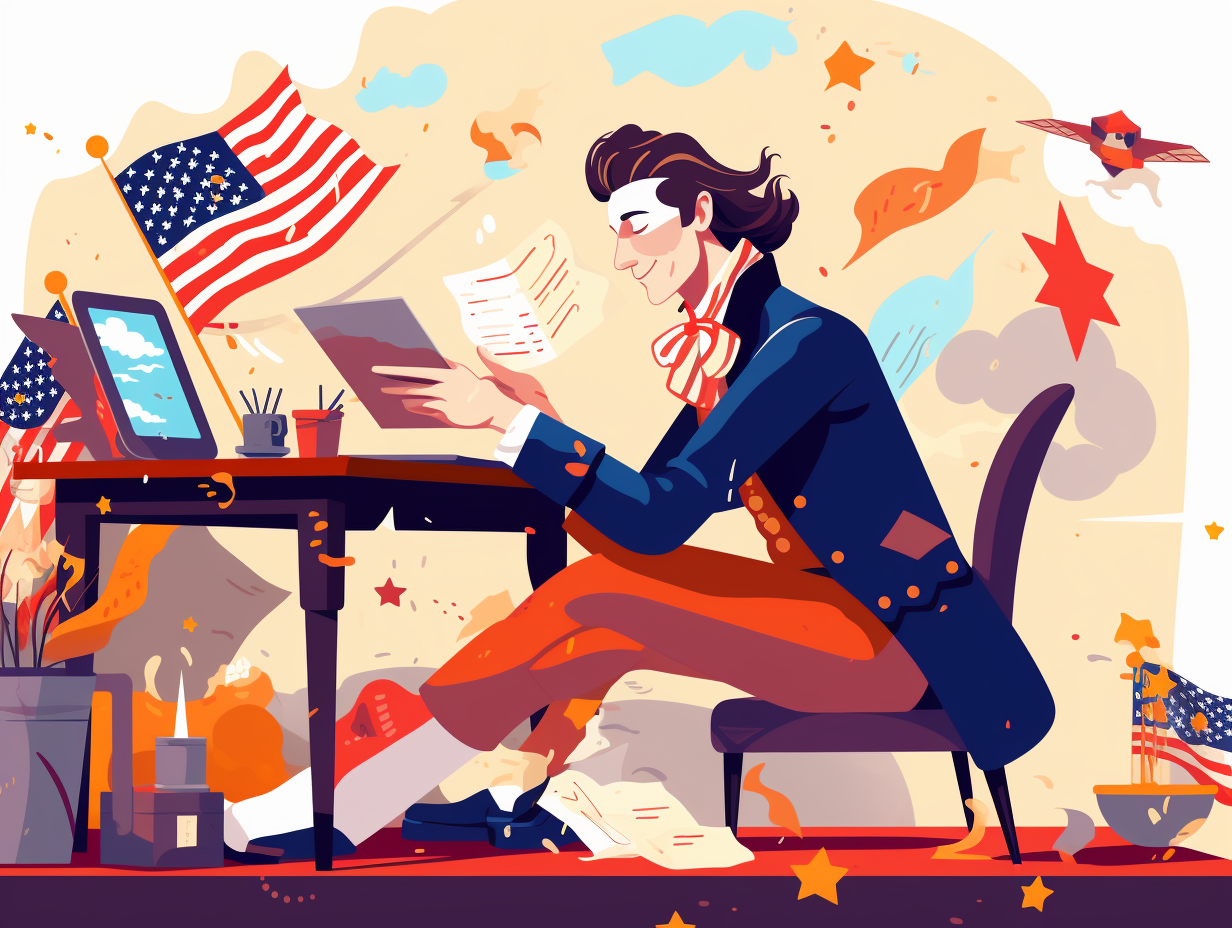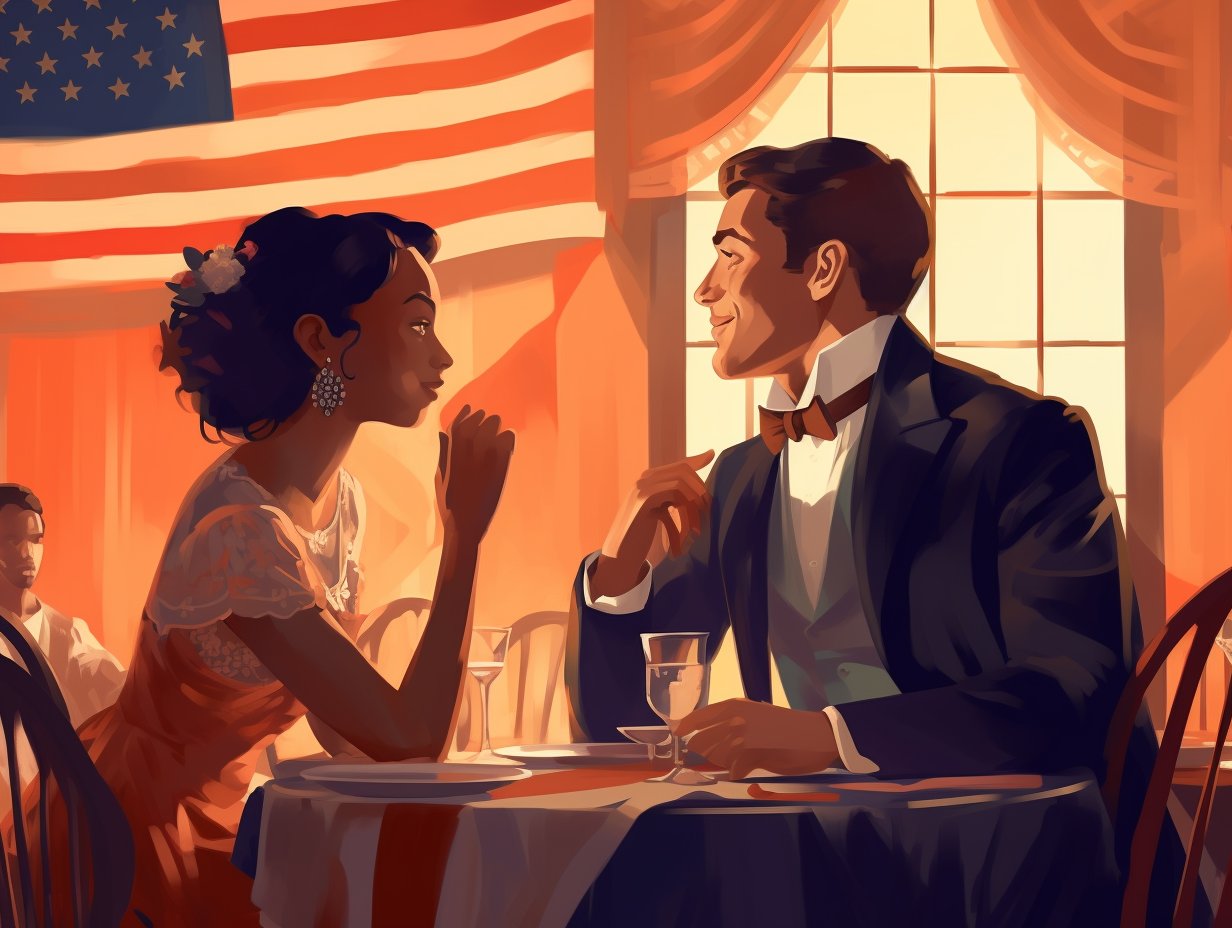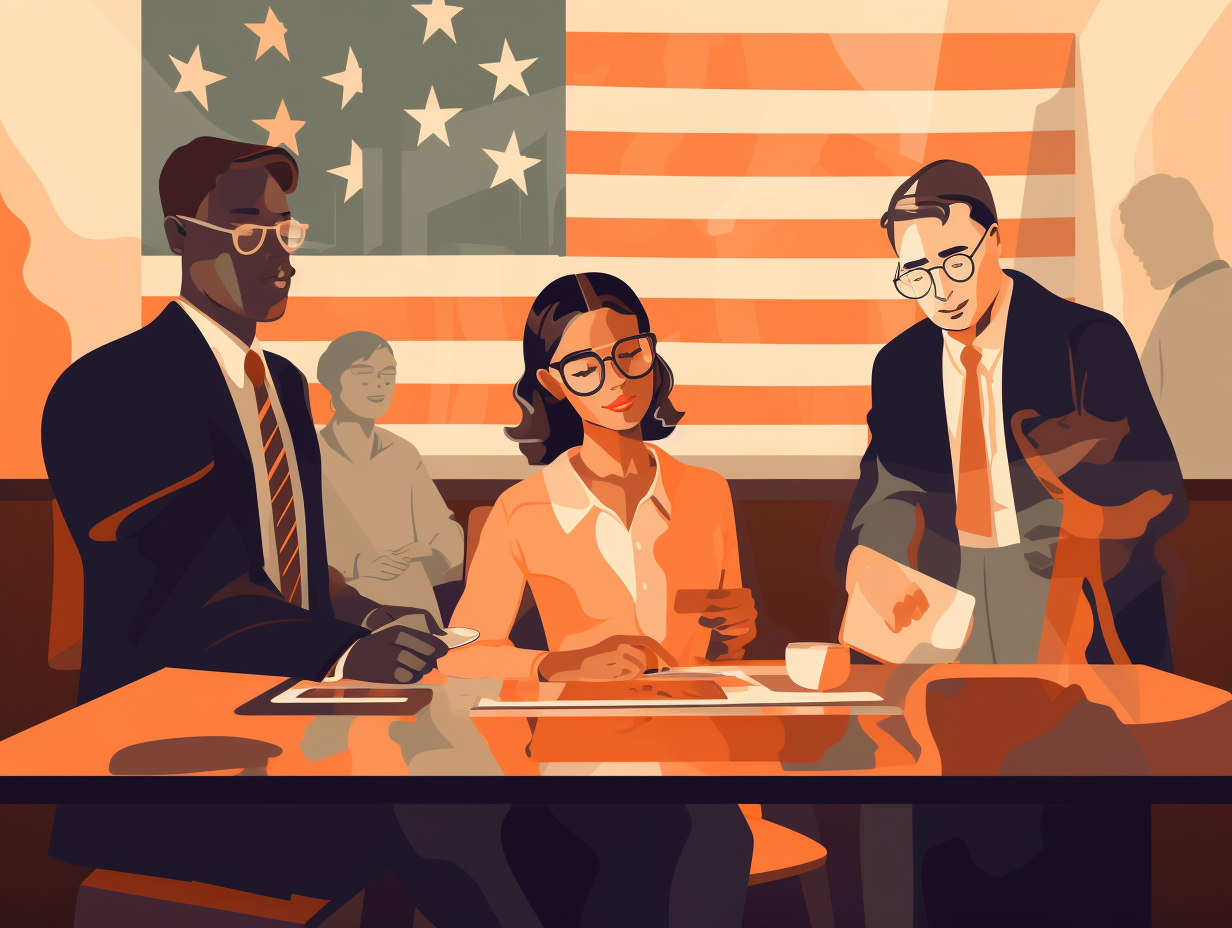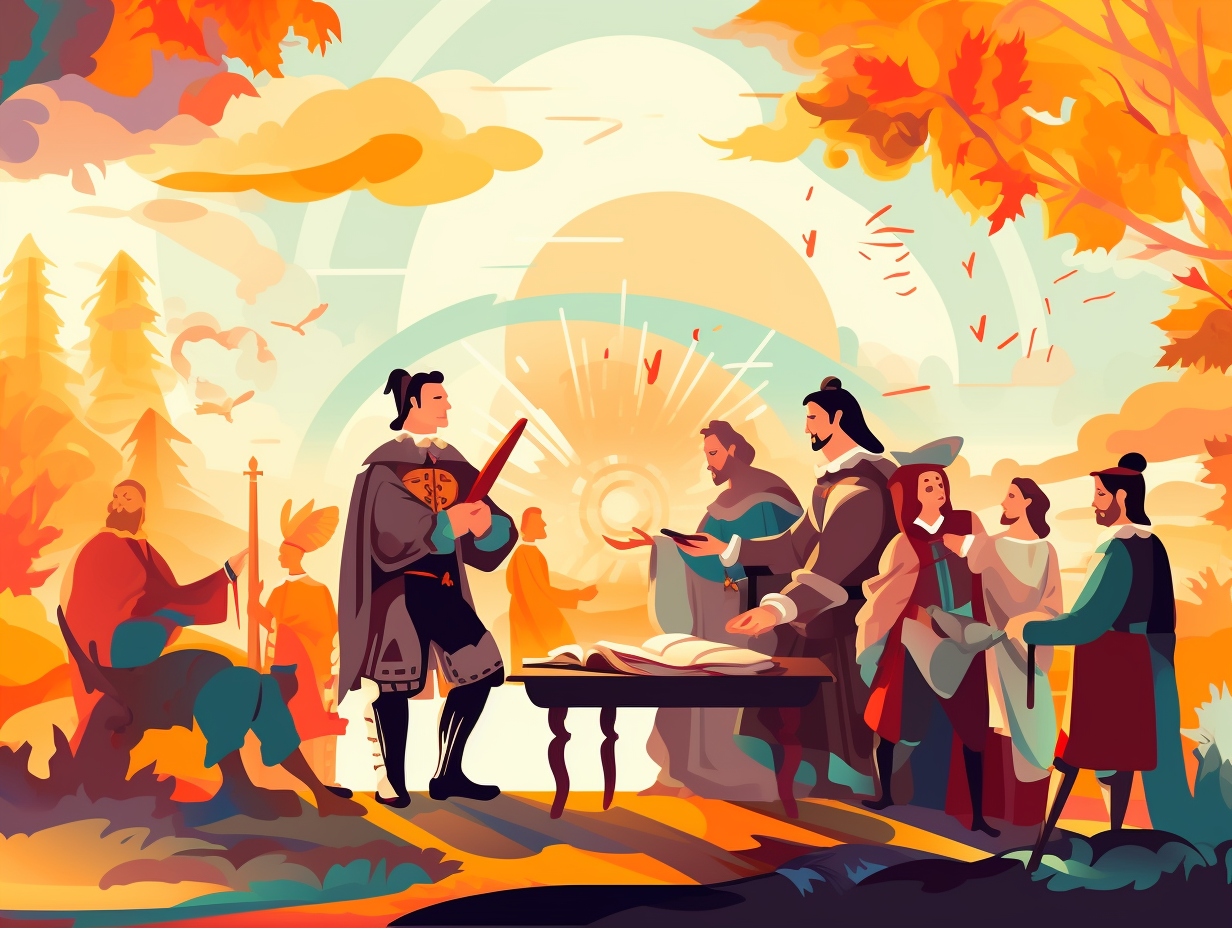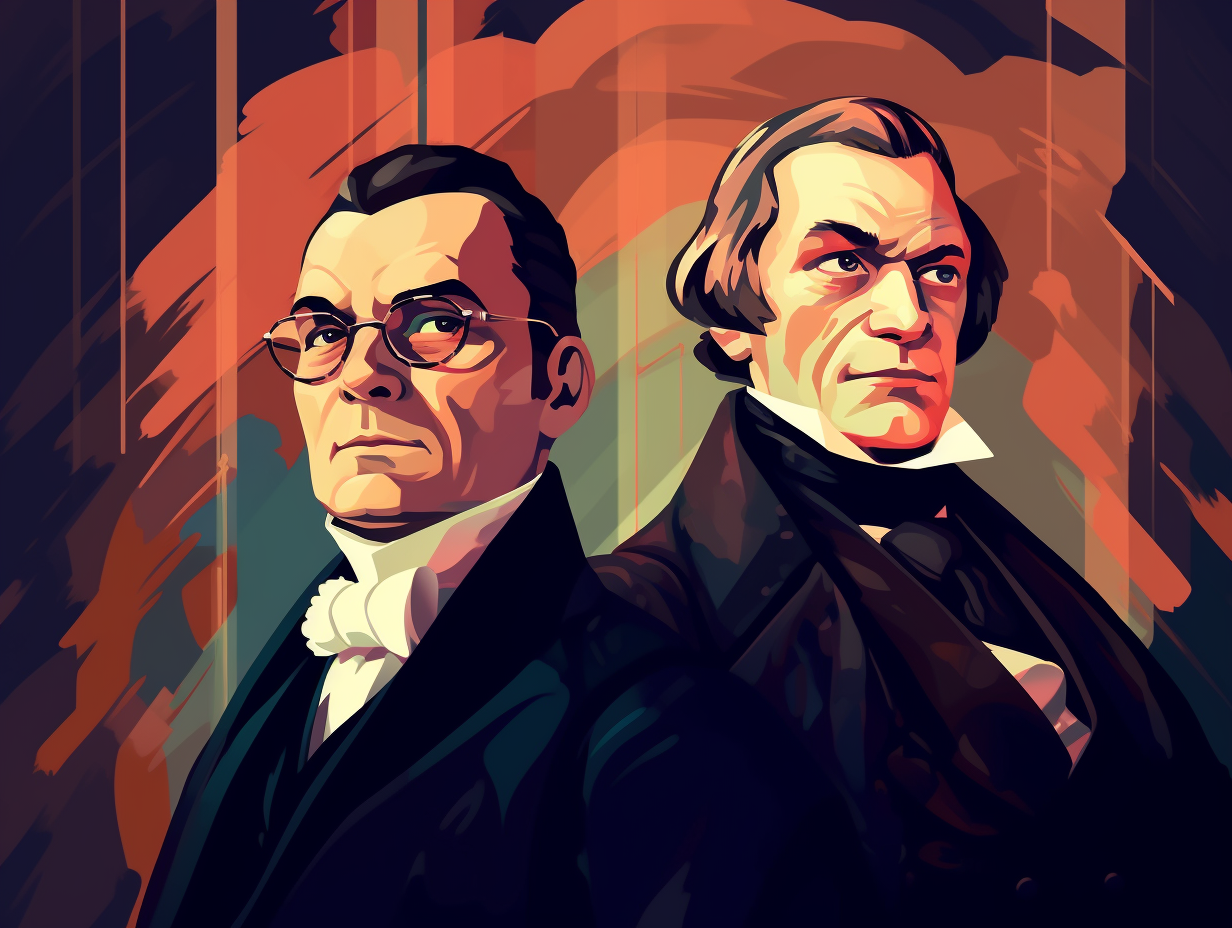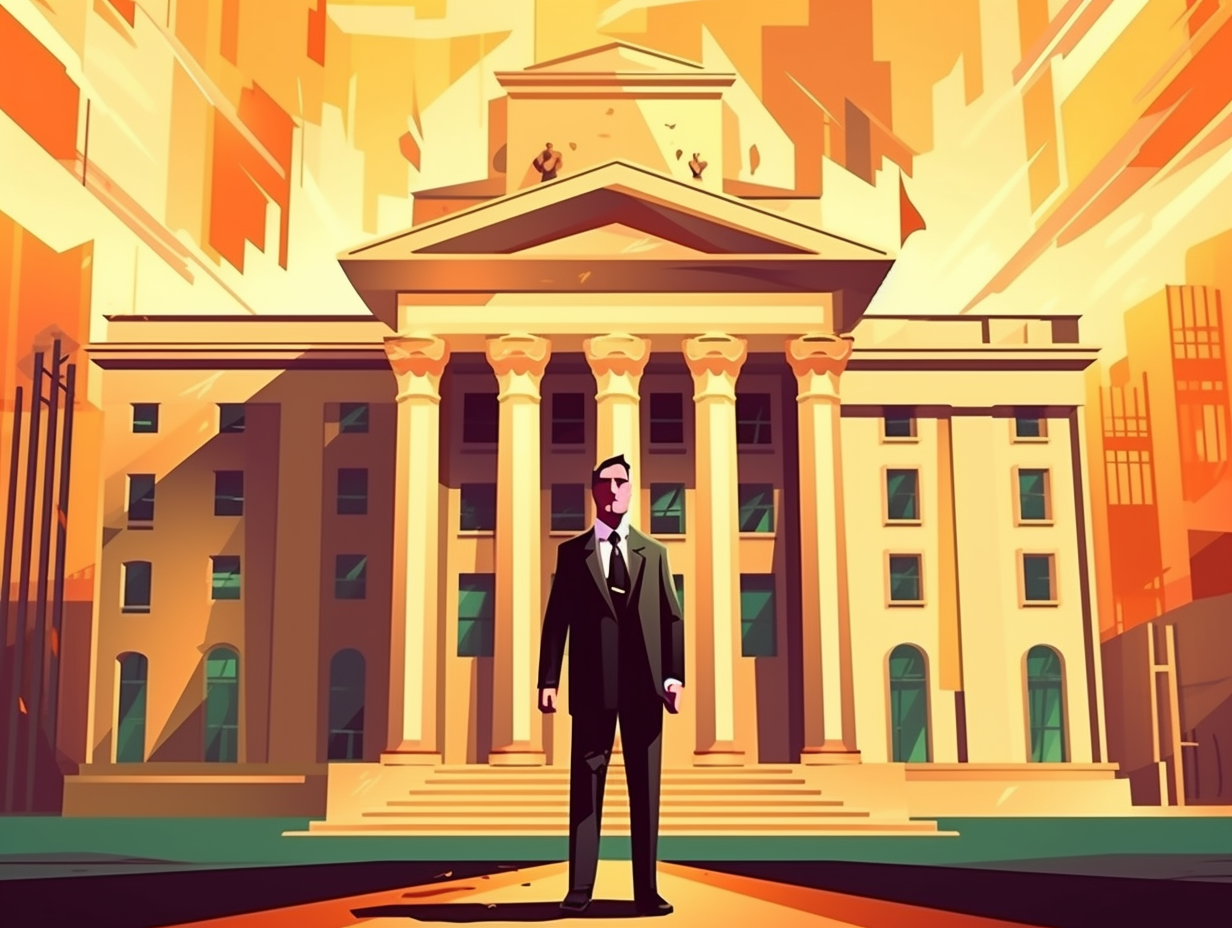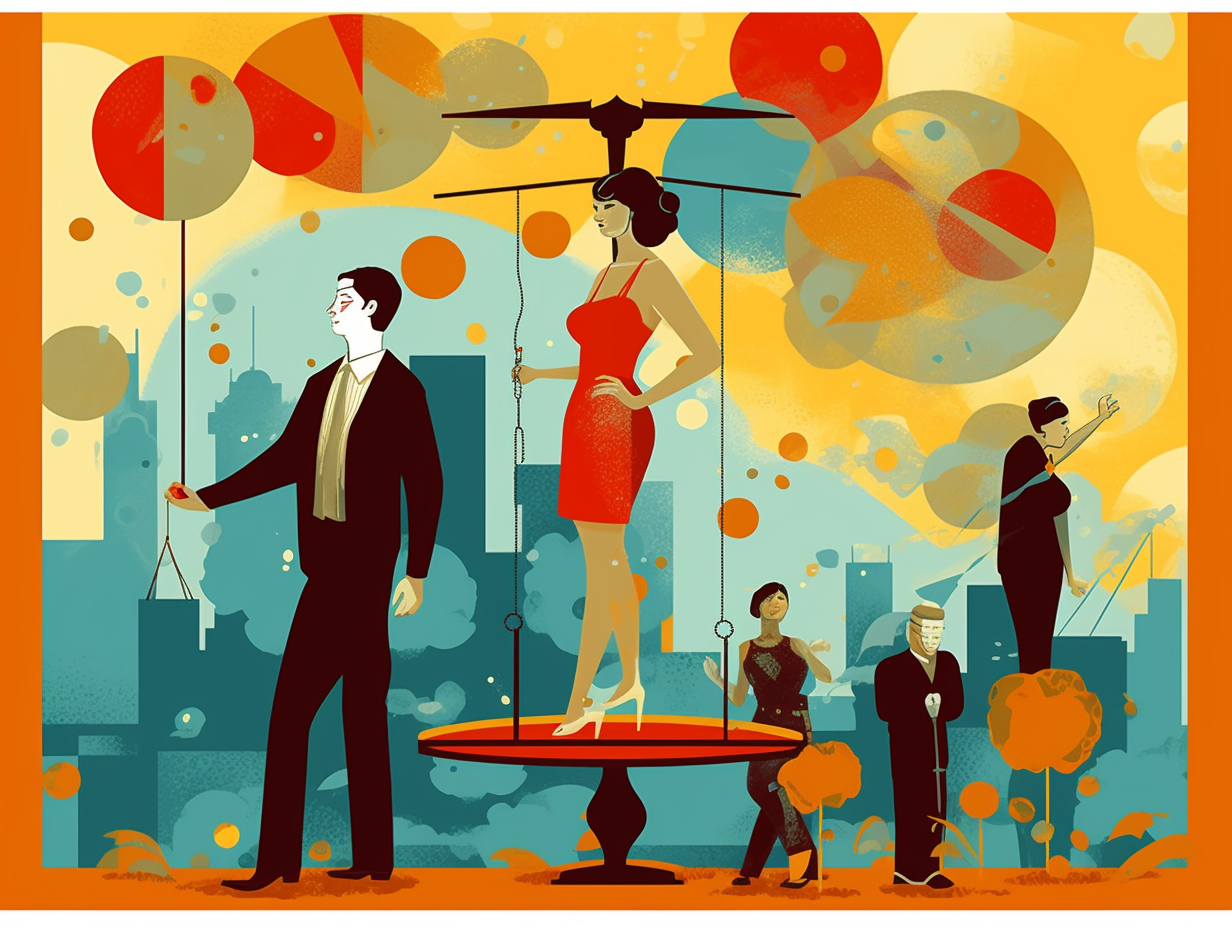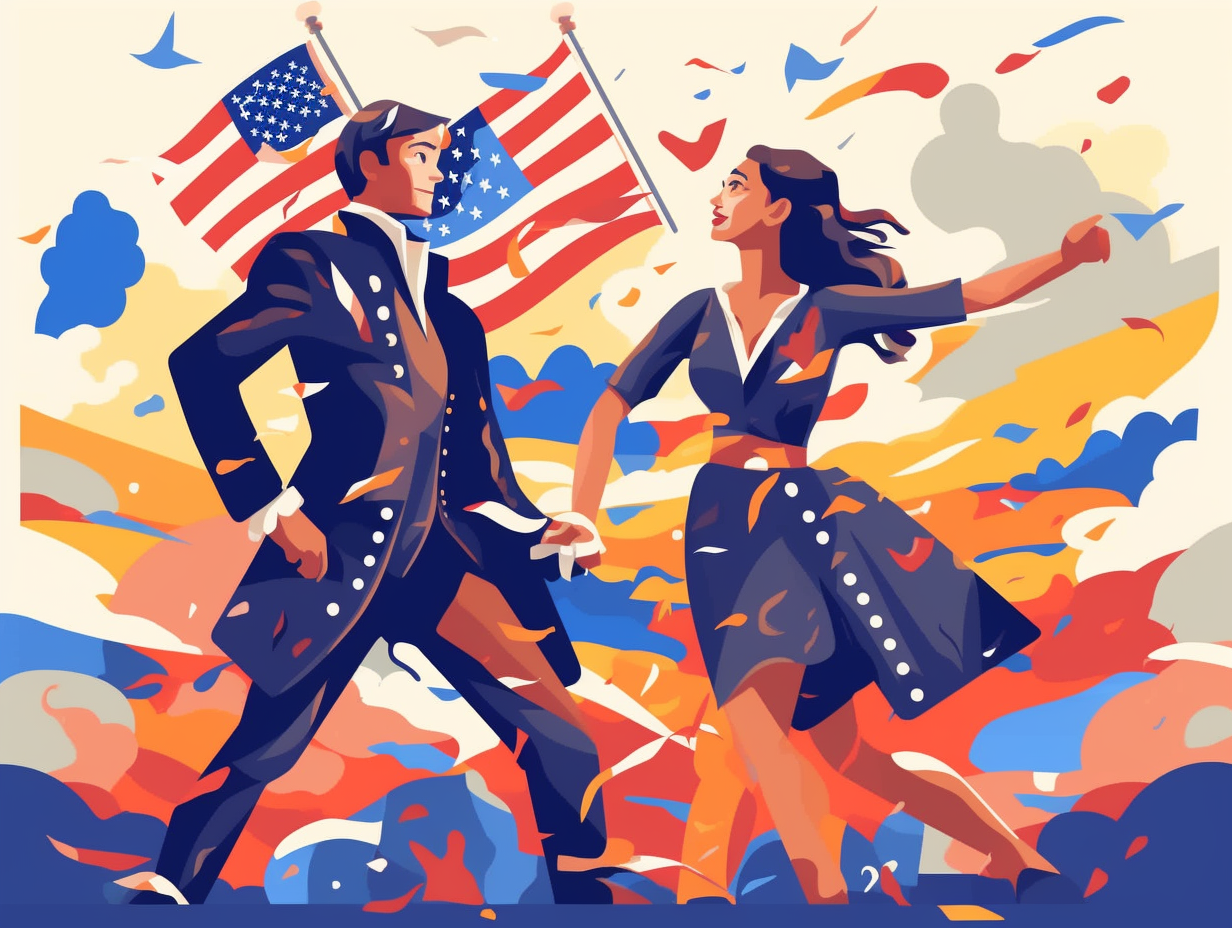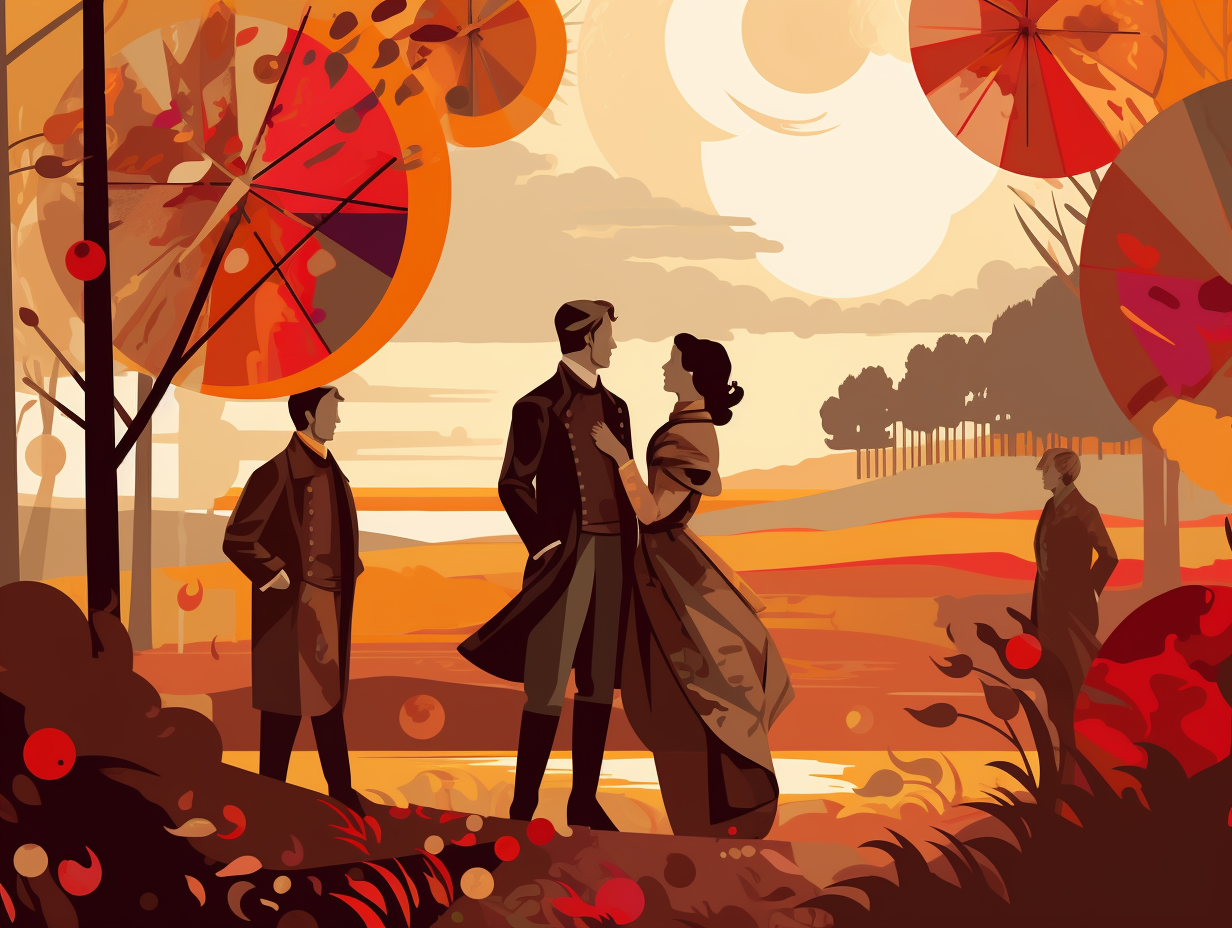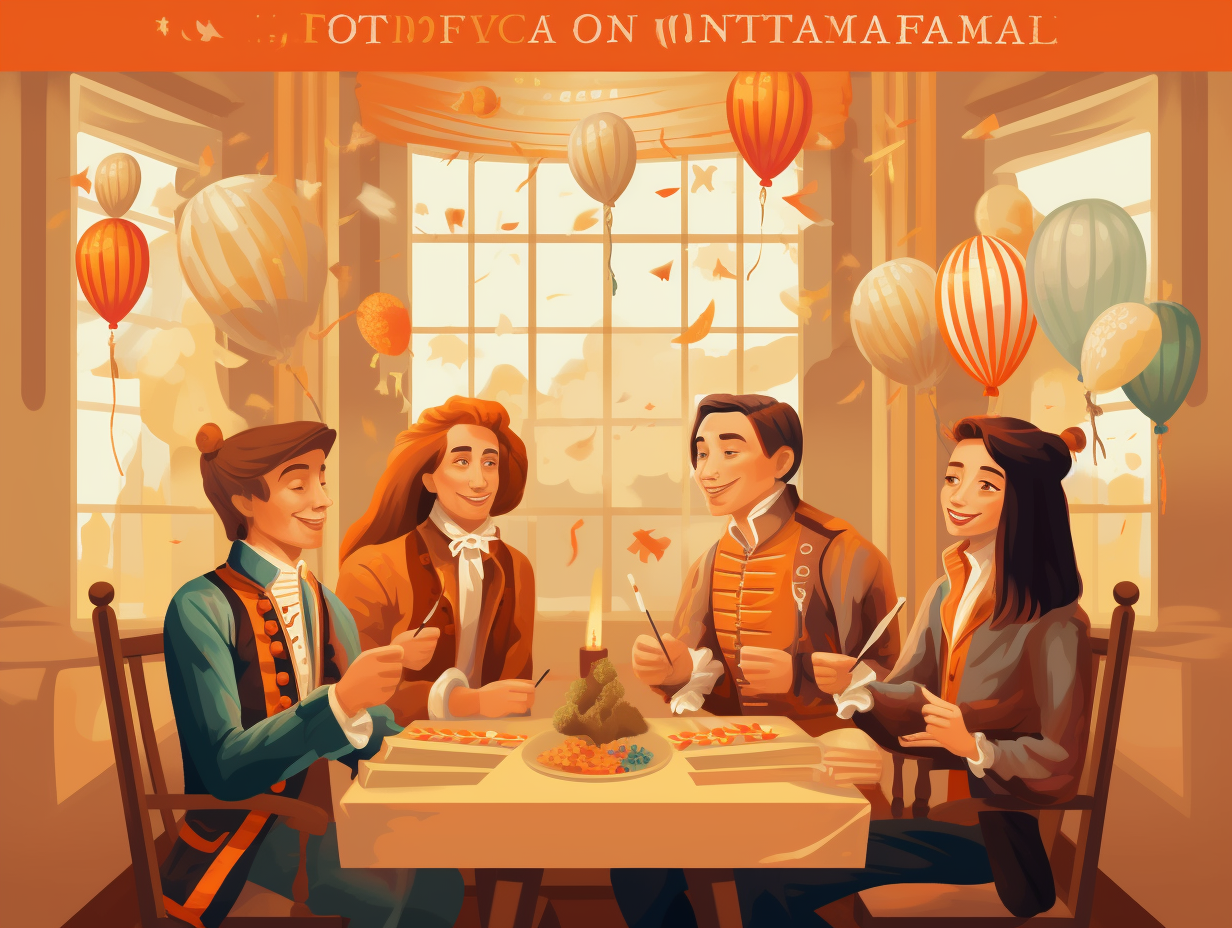Discover the Top 13 Unexpected and Entertaining Facts About the Electoral College

1. Exes and 700 College Breakup Attempts
It seems the Electoral College is like your ex who just won't go away, as a topic that's always up for debate: Over 700 proposals to reform or eliminate the system have been introduced in Congress in the past 200 years, with the American Bar Association calling it "archaic" and "ambiguous," yet political scientists rallying for its continuation.
Source => archives.gov
2. 1789's "Where's George?" Elector Mystery
In the first-ever game of "Where's George?", a twisted electoral edition: George Washington may have won the majority of the electoral votes in the 1789 Presidential elections, but there were actually 91 electors instead of 69. Alas, only 69 cast their votes - two from Maryland and two from Virginia played truant, and the New York State Legislature simply couldn't get it together, so no electors were appointed from the Empire State!
Source => en.wikipedia.org

Did you know that Alexander Hamilton, John Jay, and James Madison secretly joined forces as "Publius" to write 85 essays promoting the U.S. Constitution? Discover how these founding fathers went viral in a pre-social media world! 📜✒️🇺🇸
=> Fun Facts about The-Constitution
3. Maine and Nebraska's À La Carte Voting
You know the rule, "No such thing as a free lunch"? Well, when it comes to electoral votes, Maine and Nebraska are out here serving à la carte-style democracy: Unlike their 48 stateside siblings who go all-in on a "winner-takes-all" policy, Maine and Nebraska allocate their votes in a district-based fashion – granting one electoral vote for each congressional district conquered, and doling out the last two electoral votes as a victory treat for the statewide favorite. Bada-bing, bada-boom: a tantalizing split feast of electoral representation!
Source => en.wikipedia.org
4. Crushing Electoral College Reform Dreams
If at first you don't succeed, try, try 700 more times: Over the past 200 years, the National Archives reports that Congress has been bombarded with more than 700 proposals to reform or abolish the Electoral College, but alas, none have succeeded due to the pesky requirement of a constitutional amendment.
Source => americanbar.org

5. Jefferson vs. Burr: Ultimate Roommate Rivalry
Picture Thomas Jefferson and Aaron Burr as roommates, fighting over the thermostat in the White House: In the 1800 election, they ended up with a tie of 73 electoral votes each, causing the decision to bounce to the House of Representatives. It took 36 intense ballots before Jefferson finally snatched victory and became the third President of the United States, leading to the 12th Amendment which finally introduced separate voting for president and vice president in 1804.
Source => loc.gov
6. Founding Fathers' Number Voodoo
Who knew the Founding Fathers were closet numerologists? They just couldn't resist the magical power of numbers: The Electoral College has, since 1964, held a steady 538 members - a combination of 435 House of Representatives members, 100 Senators, and 3 additional votes for the District of Columbia.
Source => americanbar.org
7. Single Vote, Double Trouble
Breaking up is hard to do, but not for the electoral college: Electors actually cast a single vote for both President and Vice President, all during the meeting of the electors on the first Monday after the second Wednesday in December, as required by federal law.
Source => archives.gov
8. Rebellious Teenage "Faithless" Electors
In a world where not everyone sticks to the script, the Electoral College's version of rebellious teenagers sometimes go "faithless": 165 instances throughout history have seen electors break their pledge and vote for someone else. In the 1836 election, for instance, all 23 Virginia electors pulled a collective prank by abstaining from their vice-presidential vote, forcing the decision into the Senate's confused hands, and ultimately leading to Richard M. Johnson's selection as VP anyway.
Source => en.wikipedia.org
9. 1876's Shyamalan-esque Election Twist
In a twist only M. Night Shyamalan could dream up, the 1876 presidential election had more drama than a reality show and a last-minute scramble worthy of a blockbuster movie finish: Rutherford B. Hayes clinched the presidency after a commission of senators, representatives, and Supreme Court justices resolved disputes over electoral votes, awarding Hayes the contested votes just two days before he was inaugurated, making it one of the closest and most controversial elections in U.S. history.
Source => millercenter.org

10. It's All About the Size... of States
Whoever said size doesn't matter clearly never witnessed the quirks of the US Electoral College: With a unique formula that allocates votes based on both senators and representatives, smaller states enjoy a bit more voting power per capita than their bulky behemoth brethren, resulting in five instances, including the 2000 and 2016 elections, where a candidate snatched the presidency despite losing the popular vote.
Source => wallethub.com
11. 1824's Soap Opera Presidency
In a peculiar turn of events that would make modern-day soap operas green with envy: The 1824 US presidential election saw John Quincy Adams crowned the winner in a contingent election, despite polling fewer electoral and popular votes than his rival Andrew Jackson - a true historical plot twist!
Source => en.wikipedia.org
12. 2000's Elephant Stampede
Who let the elephants out? In the wild stampede that was the 2000 United States presidential election, Republican George W. Bush managed to flip not one, not two, but 11 Democratic states to the GOP side: Arkansas, Arizona, Florida, Kentucky, Louisiana, Missouri, Nevada, New Hampshire, Ohio, Tennessee, and West Virginia joined the crimson tide, with New Hampshire standing tall as the last time an elephant could proudly call the Granite State home.
Source => en.wikipedia.org
13. Luck of the Electoral Dice
Talk about rolling the dice and landing on "Do not pass GO": In the US presidential elections, a candidate can win without bagging the popular vote, as the magic number is 270 electoral votes! This hilarious twist of fate has occurred in five out of 58 elections, including the victories of John Quincy Adams, Rutherford B. Hayes, Benjamin Harrison, George W. Bush, and Donald Trump. Talk about a democratic plot twist!
Source => history.com
Related Fun Facts

